A downsized version of the company’s Sycamore chip performed a record-breaking simulation of a chemical reaction.
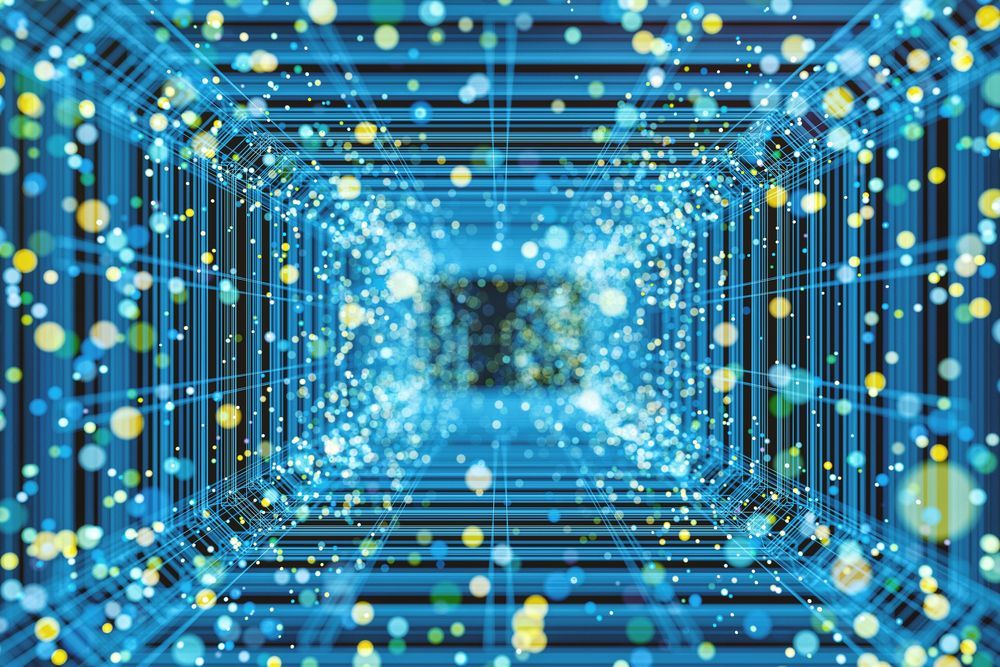

MIT’s Cheetah 3 robot can now leap and gallop across rough terrain, climb a staircase littered with debris, and quickly recover its balance when suddenly yanked or shoved, all while essentially blind.
Watch more videos from MIT: https://www.youtube.com/user/MITNewsOffice?sub_confirmation=1
The Massachusetts Institute of Technology is an independent, coeducational, privately endowed university in Cambridge, Massachusetts. Our mission is to advance knowledge; to educate students in science, engineering, and technology; and to tackle the most pressing problems facing the world today. We are a community of hands-on problem-solvers in love with fundamental science and eager to make the world a better place.
The MIT YouTube channel features videos about all types of MIT research, including the robot cheetah, LIGO, gravitational waves, mathematics, and bombardier beetles, as well as videos on origami, time capsules, and other aspects of life and culture on the MIT campus. Our goal is to open the doors of MIT and bring the Institute to the world through video.
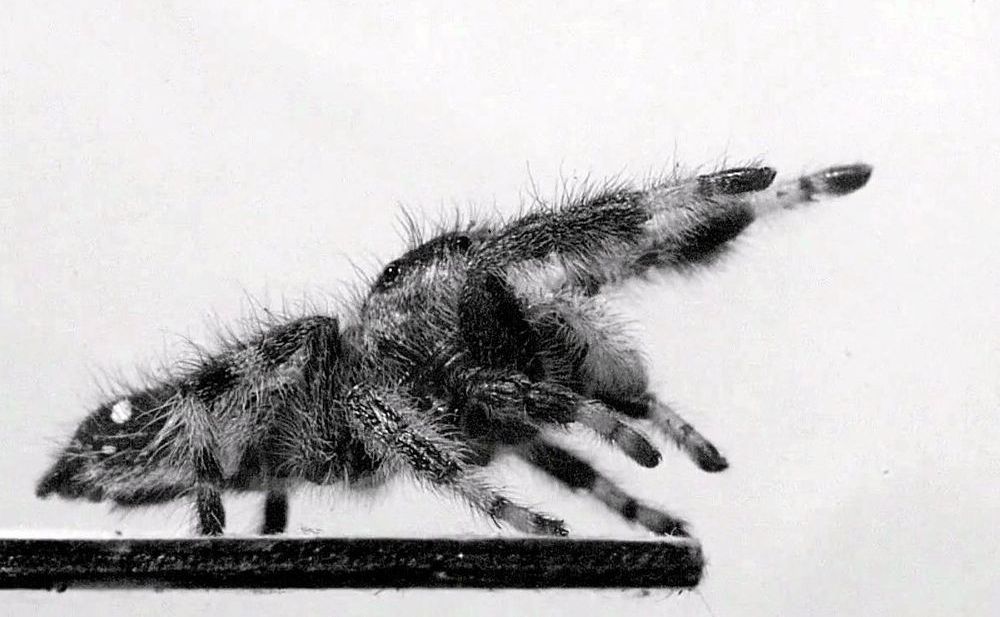
Circa 2018
SPIDERS often make people jump but a bunch of clever scientists have managed to train one to jump on demand.
Researchers managed to teach the spider – nicknamed Kim – to jump from different heights and distances so they could film the arachnid’s super-springy movements.
The study is part of a research programme by the University of Manchester which aims to create a new class of micro-robots agile enough to jump like acrobatic spiders.
November 2019 is a landmark month in the history of the future. That’s when humanoid robots that are indistinguishable from people start running amok in Los Angeles. Well, at least they do in the seminal sci-fi film “Blade Runner.” Thirty-seven years after its release, we don’t have murderous androids running around. But we do have androids like Hanson Robotics’ Sophia, and they could soon start working in jobs traditionally performed by people.
Russian start-up Promobot recently unveiled what it calls the world’s first autonomous android. It closely resembles a real person and can serve in a business capacity. Robo-C can be made to look like anyone, so it’s like an android clone. It comes with an artificial intelligence system that has more than 100,000 speech modules, according to the company. It can operate at home, acting as a companion robot and reading out the news or managing smart appliances — basically, an anthropomorphic smart speaker. It can also perform workplace tasks such as answering customer questions in places like offices, airports, banks and museums, while accepting payments and performing other functions.
“We analyzed the needs of our customers, and there was a demand,” says Promobot co-founder and development director Oleg Kivokurtsev. “But, of course, we started the development of an anthropomorphic robot a long time ago, since in robotics there is the concept of the ‘Uncanny Valley,’ and the most positive perception of the robot arises when it looks like a person. Now we have more than 10 orders from companies and private clients from around the world.”
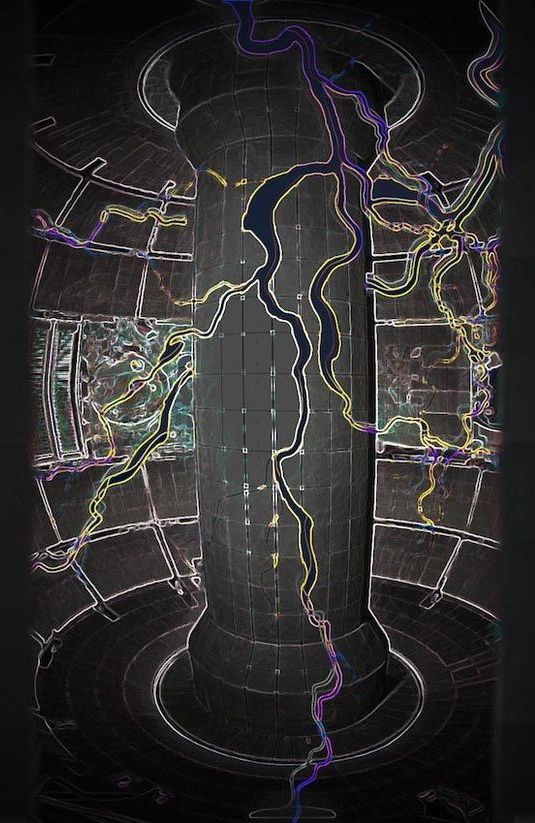
Electric current is everywhere, from powering homes to controlling the plasma that fuels fusion reactions to possibly giving rise to vast cosmic magnetic fields. Now, scientists at the U.S. Department of Energy’s (DOE) Princeton Plasma Physics Laboratory (PPPL) have found that electrical currents can form in ways not known before. The novel findings could give researchers greater ability to bring the fusion energy that drives the sun and stars to Earth.
“It’s very important to understand which processes produce electrical currents in plasma and which phenomena could interfere with them,” said Ian Ochs, graduate student in Princeton Universitys Program in Plasma Physics and lead author of a paper selected as a featured article in Physics of Plasmas. “They are the primary tool we use to control plasma in magnetic fusion research.”
With a pig-filled demonstration, Neuralink revealed its latest advancements in brain implants this week. But what do scientists think of Elon Musk’s company’s grand claims?
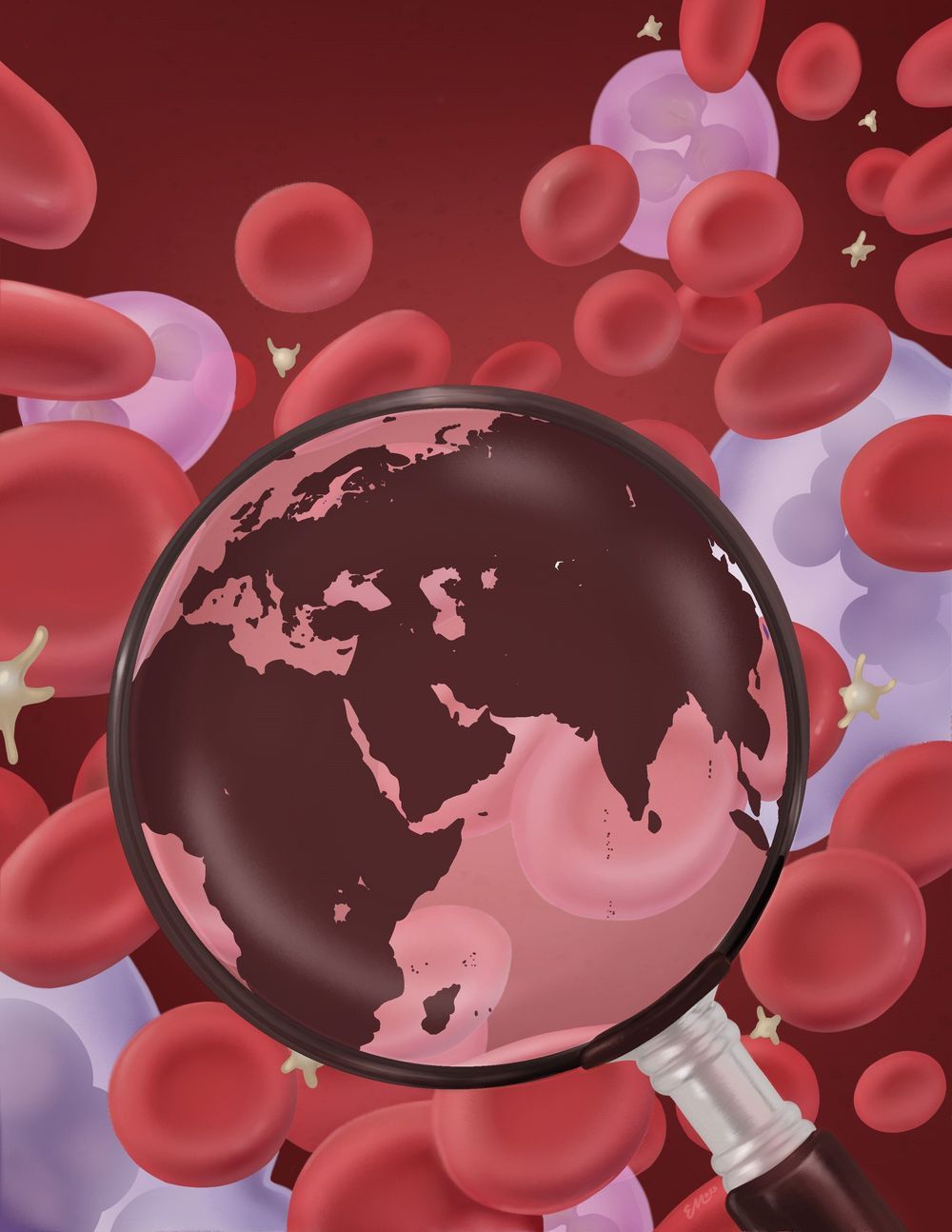
What’s the risk of different human populations to develop a disease? To find out, a team led by Université de Montréal professor Guillaume Lettre created an international consortium to study the blood of hundreds of thousands of people worldwide.
In one of the largest studies of its kind, published today in Cell, close to 750,000 participants from five major populations—European, African, Hispanic, East Asian and South Asian—were tested to see the effect of genetic mutations on characteristics in their blood.
These characteristics include such things as hemoglobin concentration and platelet counts.
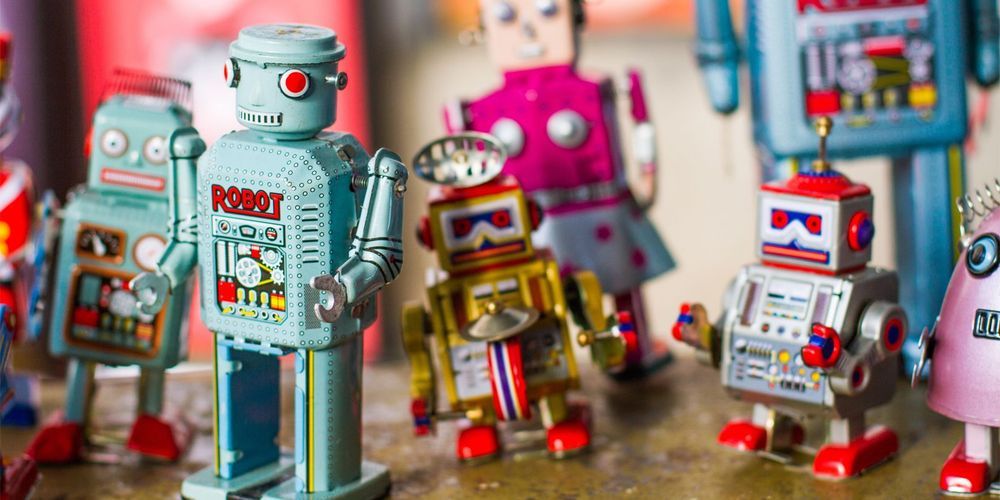
Artificial Intelligence (AI) is one of the most powerful technologies ever developed, but it’s not nearly as new as you might think. In fact, it’s undergone several evolutions since its inception in the 1950s. The first generation of AI was ‘descriptive analytics,’ which answers the question, “What happened?” The second, ‘diagnostic analytics,’ addresses, “Why did it happen?” The third and current generation is ‘predictive analytics,’ which answers the question, “Based on what has already happened, what could happen in the future?”
While predictive analytics can be very helpful and save time for data scientists, it is still fully dependent on historic data. Data scientists are therefore left helpless when faced with new, unknown scenarios. In order to have true “artificial intelligence,” we need machines that can “think” on their own, especially when faced with an unfamiliar situation. We need AI that can not just analyze the data it is shown, but express a “gut feeling” when something doesn’t add up. In short, we need AI that can mimic human intuition. Thankfully, we have it.

This is an article from 2014, but it’s interesting — especially for why phishing emails are so lame. Money quote:
‘The answer is that the implausibility is a useful tool for the scammers. An entirely believable email would get millions of people falling for the bait – most of whom would catch on later when the scammers started requesting private banking details. This way, the fraudsters can avoid wasting their time on no-hopers, knowing that any replies they do receive are … See More.
Maybe your bank wants you to update your password; maybe a new Facebook friend wants to show you a funny web page. Maybe a Nigerian lawyer wants to pass on a legacy from a long-lost relative.
What all of these people are really after, of course, are your password, bank details and, ultimately money. Such phishing scams, says Microsoft, are costing the world as much as $5bn a year. For some reason, the UK is a favourite hunting ground for the phishers: here, says security firm Proofpoint, unsolicited email is almost three times more likely to contain a malicious link than in the US.
But who falls for these scams? Well, you do. While it’s easy to assume that only the technologically illiterate will be vulnerable, new research shows that in fact the reverse is true.

Defense advanced research projects agency — DARPA.
DARPA and the U.S. Air Force (USAF) today announced successful completion of captive carry tests of two variants of the Hypersonic Air-breathing Weapon Concept (HAWC) and are ready to proceed to first free-flight testing within the calendar year. The joint Agency and Service effort seeks to develop and demonstrate critical technologies to enable an effective and affordable air-launched hypersonic cruise missile.
HAWC performers Lockheed Martin and Raytheon Technologies have each tested advanced air vehicle configurations that promise to achieve and sustain efficient hypersonic flight. Their upcoming flight tests will focus on hydrocarbon scramjet-powered propulsion and thermal management techniques to enable prolonged hypersonic cruise, in addition to affordable system designs and manufacturing approaches.
“Completing the captive carry series of tests demonstrates both HAWC designs are ready for free flight,” said Andrew “Tippy” Knoedler, HAWC program manager in DARPA’s Tactical Technology Office. “These tests provide us a large measure of confidence – already well informed by years of simulation and wind tunnel work – that gives us faith the unique design path we embarked on will provide unmatched capability to U.S. forces.”